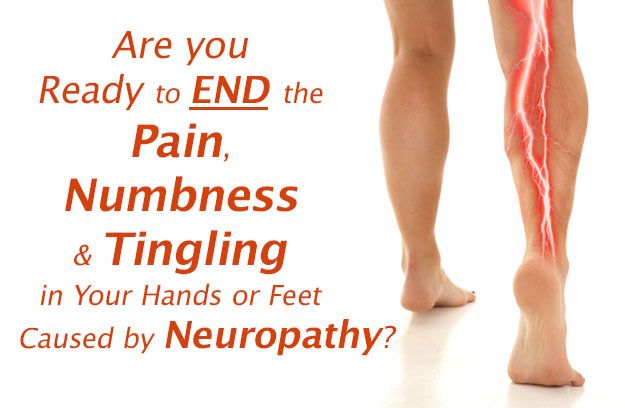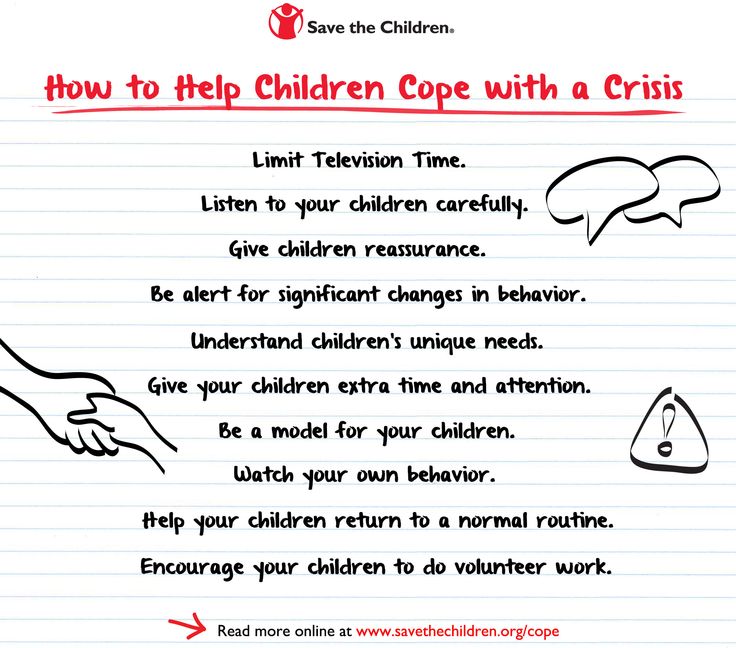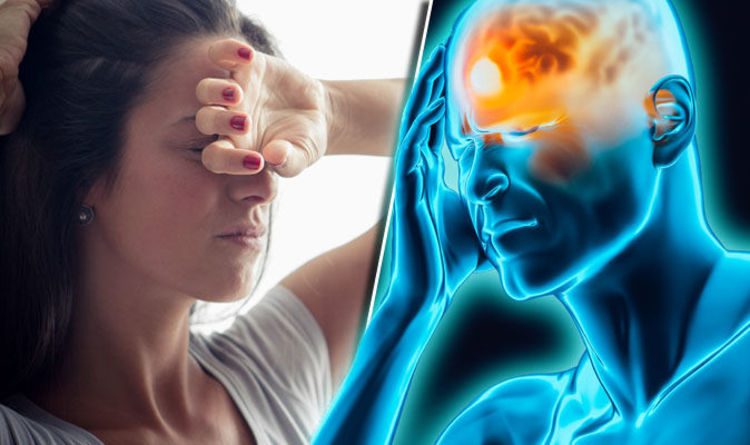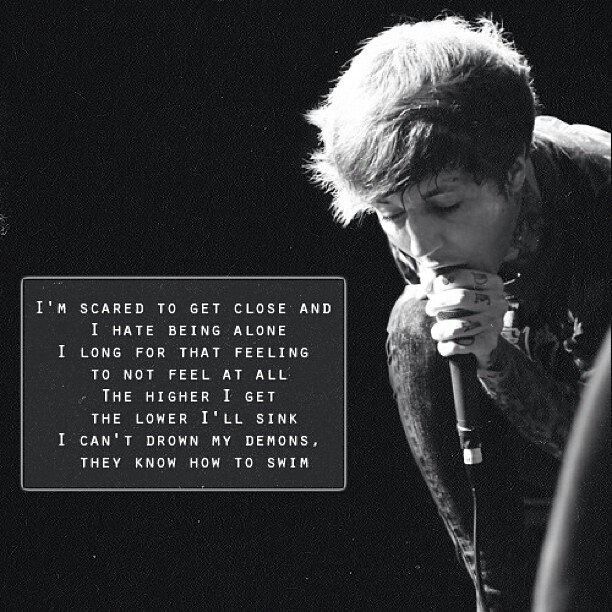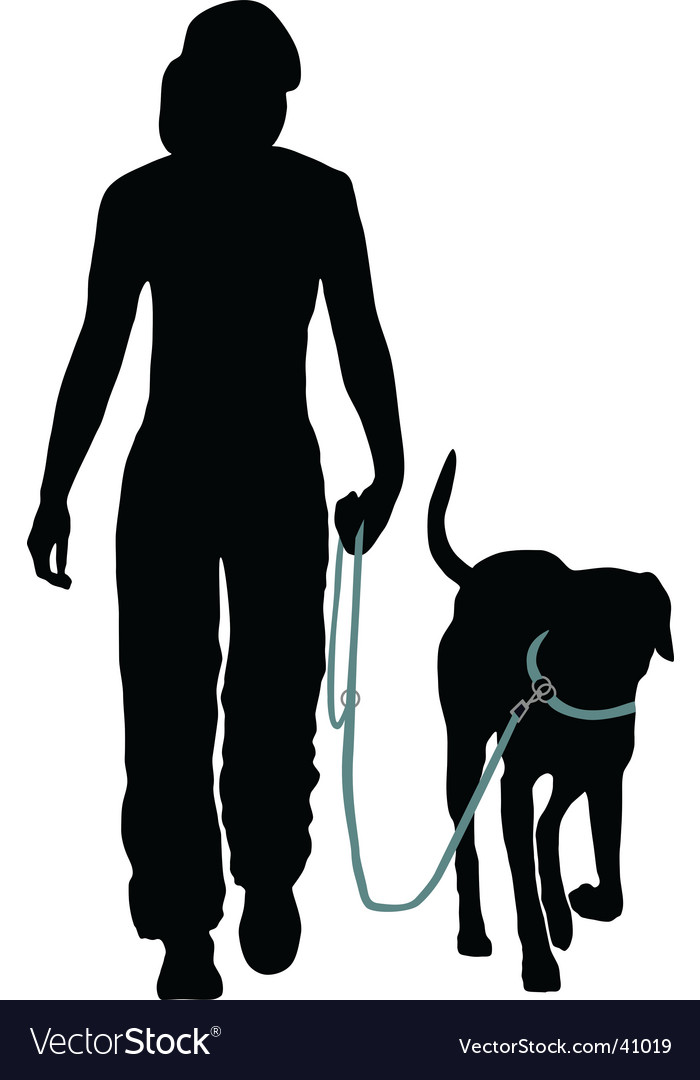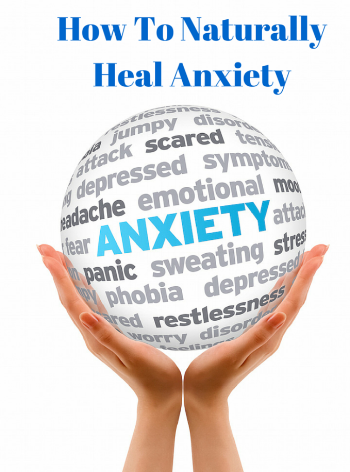Can panic attacks raise your blood pressure
Do Panic Attacks Affect Blood Pressure?
Panic attacks are the notorious physical anxiety events that in many ways mimic heart attacks. They strain your body, cause lightheadedness and difficulty breathing, and increase your heart rate to cause palpitation. This causes many people to worry about their blood pressure, and whether or not they need to be concerned about their blood pressure during a panic attack.
Living With Panic Attack Health Fears
Panic attacks involve so many physical symptoms that health fears are incredibly common. It can even create health anxiety. That's why it's so important to get your panic attacks under control.
Your blood pressure does increase when you have anxiety. Two different issues lead to the development of high blood pressure during an attack:
- Adrenaline, which causes your heart to speed blood around your body.
- Hyperventilation, which causes your blood vessels to constrict.
Both of these lead to tremendous pressure, and in some cases the appearance of severe hypertension. Those that go through panic attacks, they tend to experience fear over whether or not these attacks indicate that they are putting strain on their heart that could be deadly.
Can Panic Attacks Kill You?
Panic attacks, in a general sense, cannot kill you. There is nearly no scenario in which a panic attack can kill you, because panic attacks are not caused by physical problems, nor do they create any lasting physical damage.
For those in good health – especially those in good heart health – that means that in nearly every scenario imaginable you will survive each and every panic attack you may experience. It is conceivable that there is some incredibly rare issue that causes a complication, but as of yet, there is no known way that someone healthy will die from a panic attack unless that panic attack causes them to engage in some dangerous behavior.
However, panic attacks do increase blood pressure. Those that do not have good heart health are putting strain on their heart when they have high blood pressure spikes.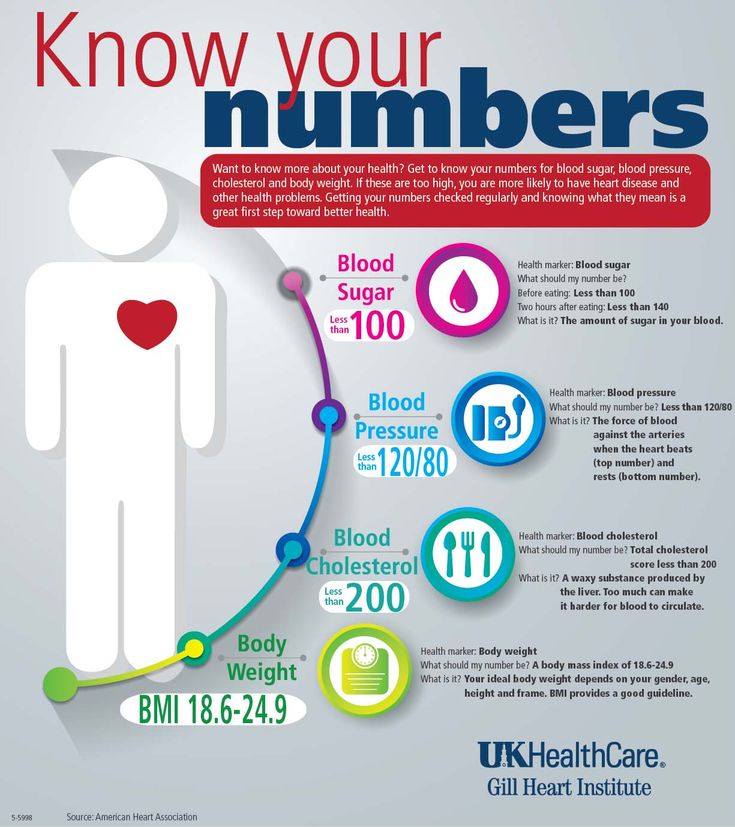 But the reality is that even then it's extremely unlikely that panic attacks will lead to any health problems:
But the reality is that even then it's extremely unlikely that panic attacks will lead to any health problems:
- Most heart disease can be found with a simple doctor's appointment. If the heart disease is not present, or you are young with no history of heart disease, you have nothing to worry about.
- If you do have heart disease, you should try to control your panic attacks as best you can, but note that even with heart disease a problem from panic attacks is very rare. When a high spike in blood pressure causes heart problems, it is usually not related to something like a racing heartbeat from anxiety.
Your body is designed to handle increases in blood pressure. Whenever you go for a run, for example, your blood pressure experiences a significant spike. Yet runners, of course, are in good health, and few people expect runners to experience heart attacks. The reality is that spikes in blood pressure at all ages and with all types of heart health are normal, and your body is designed to handle them.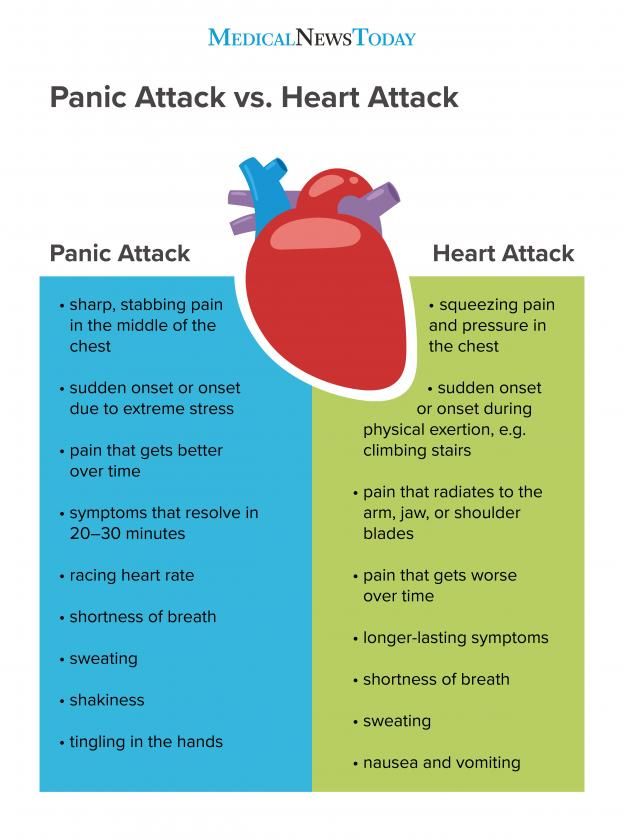
Every day you go through these types of spikes regardless of your anxiety and every day you turn out fine. Your heart rate will always go back to your baseline, and your baseline is what's important for determining blood pressure and heart health.
The Importance Of Controlling Stress and Anxiety
Now, the caveat to all of this is that stress – especially long-term stress – does damage your body. Frequent panic attacks are unhealthy, especially if you do suffer from any disease, like heart disease, which is exacerbated by stress.
So while anxiety and panic attacks can lead to large temporary spikes in blood pressure, that isn't the concern. The concern is that living with anxiety is difficult, and living with stress in the long term is unhealthy. That's why it's important to make sure you take action to control your anxiety.
Was this article helpful?
- Yes
- No
What is the link between anxiety and high blood pressure?
IBCCES is the global leader in training and certification for healthcare professionals, educators and corporate partners who work with individuals with autism and other cognitive disorders.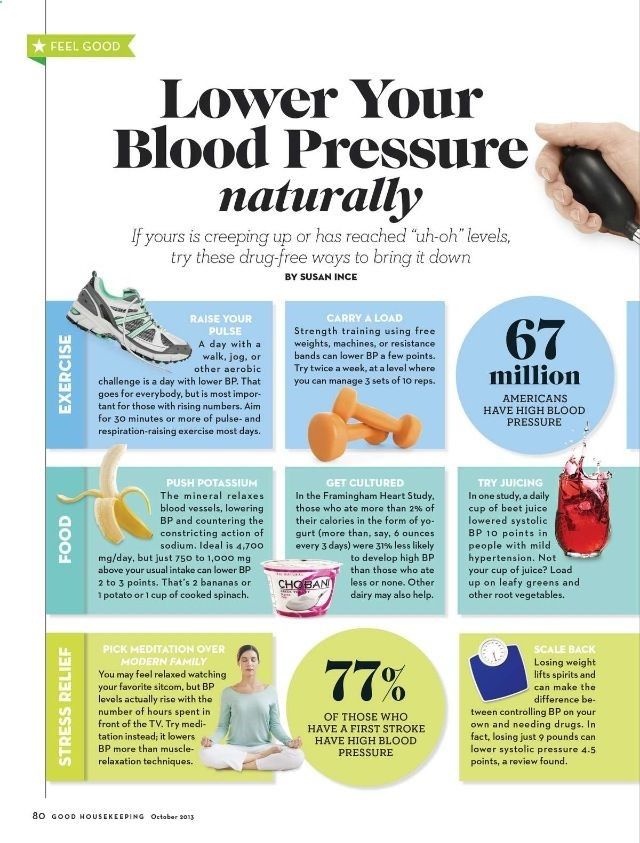 Our reach extends to more than 2 million people in all 50 states and over 70 countries around the globe. IBCCES Member Learning Community is provided as a free service to all IBCCES members who have completed one or more of our training and certification programs.
Our reach extends to more than 2 million people in all 50 states and over 70 countries around the globe. IBCCES Member Learning Community is provided as a free service to all IBCCES members who have completed one or more of our training and certification programs.
December 5, 2019
This post was originally published on this site
Anxiety and high blood pressure can sometimes go hand in hand. Anxiety may lead to high blood pressure, and high blood pressure may trigger feelings of anxiety.
Doctors characterize anxiety as feelings of intense worry or fear. It causes many physical symptoms, including increased heart rate and shallow breathing. Periods of anxiety may also temporarily increase blood pressure.
Meanwhile, having long-term high blood pressure — which doctors refer to as hypertension — can cause people to feel anxious about their health and future.
Keep reading to learn more about the link between anxiety and high blood pressure, as well as how to treat both conditions.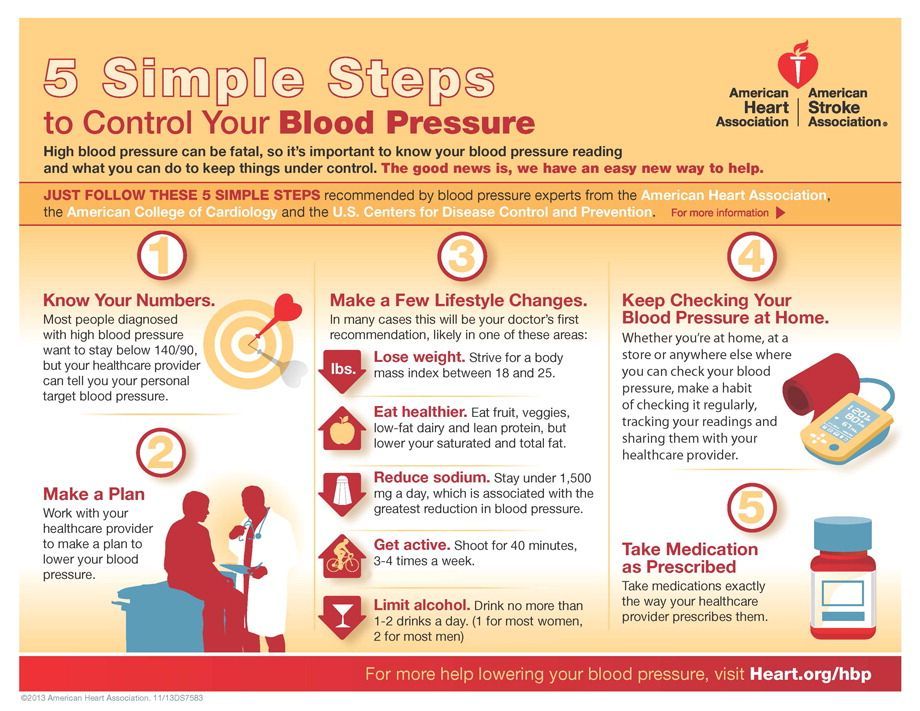
Anxiety causes the release of stress hormones in the body. These hormones trigger an increase in the heart rate and a narrowing of the blood vessels. Both of these changes cause blood pressure to rise, sometimes dramatically.
Doctors believe that anxiety is the reason behind white coat hypertension — a phenomenon in which some individuals consistently have higher blood pressure readings at the doctor’s office than at home.
Anxiety-induced increases in blood pressure are temporary and will subside once the anxiety lessens. Regularly having high levels of anxiety, however, can cause damage to the heart, kidneys, and blood vessels, in the same way that long-term hypertension can.
A 2015 review of existing research indicates that people who have intense anxiety are more at risk of hypertension than those with lower levels of anxiety. As a result, the researchers conclude that the early detection and treatment of anxiety are particularly important in people with hypertension.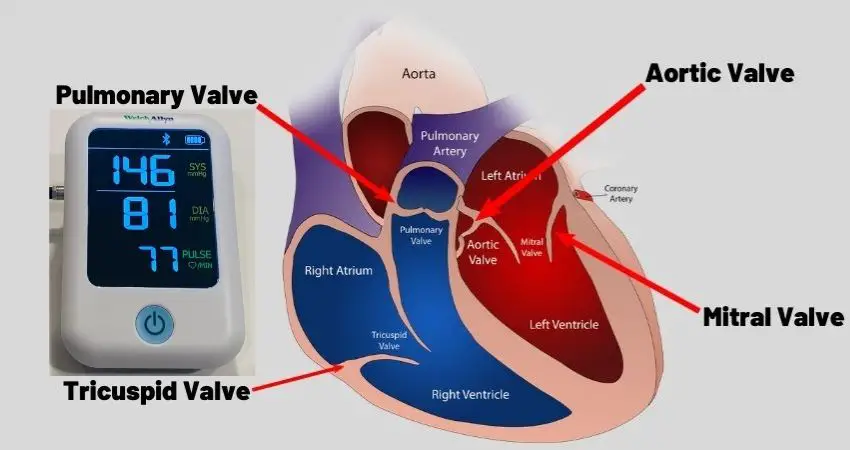
Living with an anxiety disorder, whereby anxiety occurs every day and interferes with daily life, can also increase the likelihood of behaviors that contribute to hypertension. Examples include:
- alcohol use
- lack of exercise
- poor diet
- tobacco use
One study reports a link between anxiety and unhealthful lifestyle behaviors — including physical inactivity, smoking, and poor diet — in people at risk of cardiovascular disease (CVD). Hypertension is one of the most significant risk factors for CVD.
Additionally, some medications for anxiety can increase blood pressure.
Having high blood pressure can trigger feelings of anxiety in some people. Those whom doctors diagnose with hypertension may worry about their health and their future.
Sometimes, the symptoms of hypertension, which include headaches, blurred vision, and shortness of breath, can be enough to cause panic or anxiety.
Occasionally, anxiety works in the opposite way, causing a reduction in blood pressure.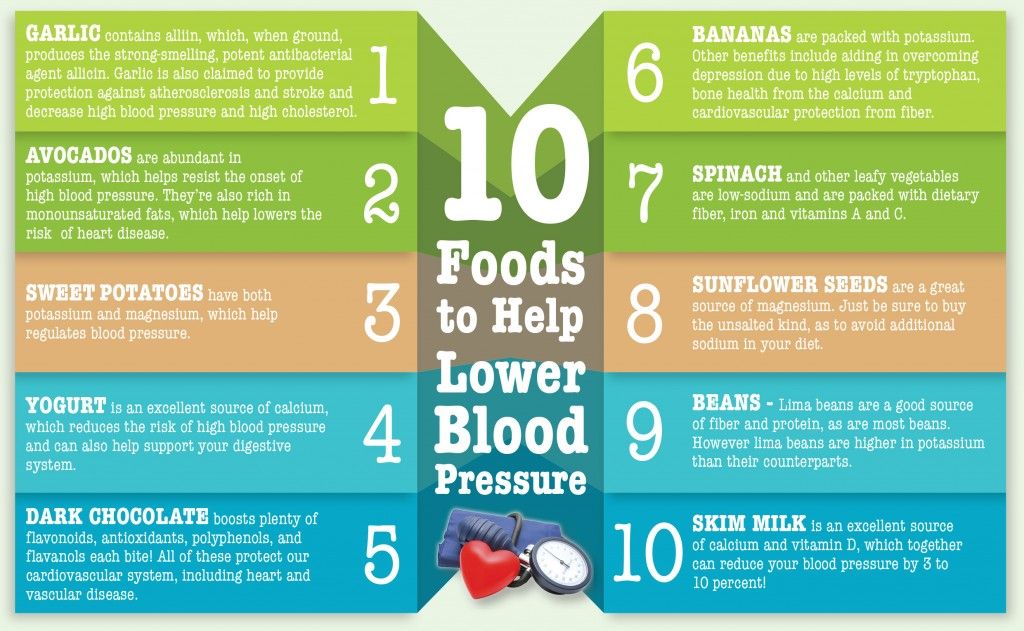
This drop may occur because, during periods of intense anxiety, some people take very shallow breaths. The blood vessels then become wider, reducing blood pressure.
A 2011 study identified an association between the symptoms of anxiety and depression and a decrease in blood pressure, especially in people who have experienced a high level of anxiety symptoms over a prolonged period of decades.
This relationship also seems to work in both directions as low blood pressure, or hypotension, may sometimes cause anxiety and panic. Its symptoms can be similar to those of anxiety and include:
- blurred vision
- dizziness
- fainting
- nausea
- lightheadedness
Learn more about fluctuating blood pressure here.
When symptoms occur, it can be difficult to distinguish between anxiety and changes in blood pressure.
Individuals should keep in mind that hypertension does not typically cause symptoms unless it is exceptionally high.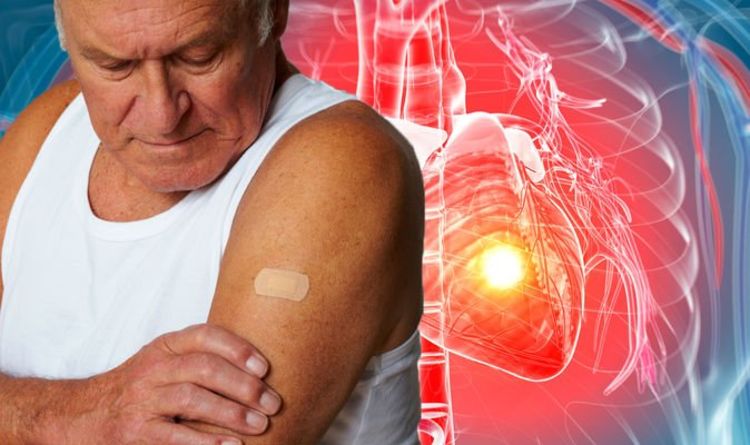 If this is the case, emergency treatment is necessary.
If this is the case, emergency treatment is necessary.
Low blood pressure is more likely to cause symptoms, and these are often quite similar to the symptoms of anxiety.
People who are experiencing severe or recurrent symptoms should see their doctor. A doctor will be able to diagnose the underlying cause of the symptoms and can prescribe treatments for both anxiety and hypertension, if necessary.
There are several treatment options for anxiety. Most people require a combination of treatments.
Medication
Several medicines can relieve the symptoms of anxiety. Different types of medication will work for different people. Options include:
- buspirone, an anti-anxiety drug
- certain antidepressants
- benzodiazepines, which are a type of sedative medication for short-term anxiety relief
- beta-blockers, which doctors use to treat hypertension
Psychotherapy
Working with a psychotherapist can often help people manage their anxiety symptoms.
Cognitive behavioral therapy (CBT) is one method that a psychotherapist is likely to try. CBT teaches people to change their thinking patterns to help them reduce anxious thoughts and worries.
Once individuals have learned techniques to manage their anxiety, they gradually expose themselves to situations that trigger the anxiety. In this manner, they become less fearful about these situations.
Lifestyle changes
Making simple changes can go a long way toward reducing the symptoms of anxiety. Examples include:
- practicing deep breathing techniques or progressive muscle relaxation
- meditating
- exercising regularly
- getting enough sleep
- eating a healthful diet and limiting caffeine intake
- avoiding alcohol, tobacco, and recreational drugs
- reducing stressors at home, work, and school, where possible
- facing up to problems rather than avoiding them
- replacing negative thoughts with more positive or realistic ones
Read about natural remedies for anxiety here.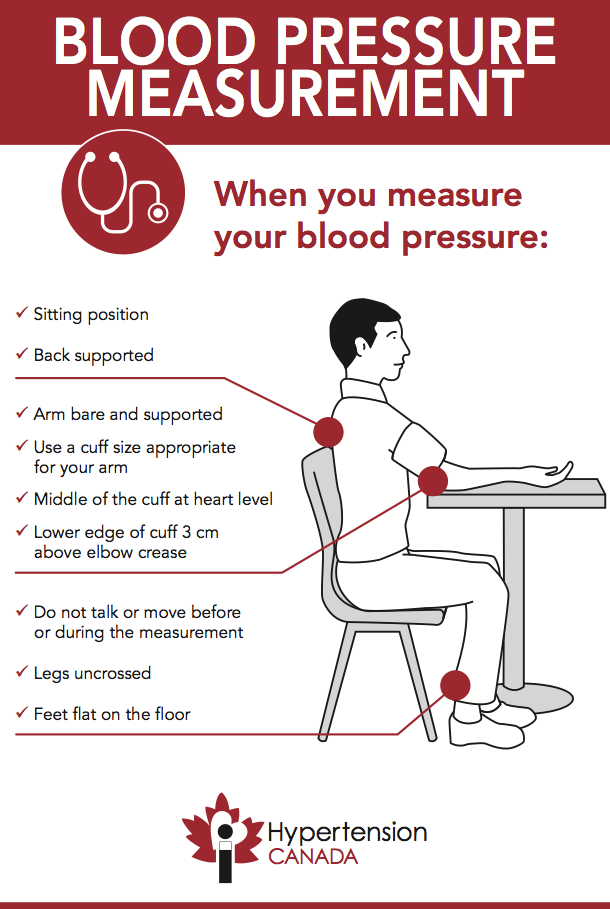
Most people with hypertension will benefit from making lifestyle changes. Some people will also need medication.
Lifestyle changes
Doctors often recommend one or more of the following:
- eating a healthful diet and limiting salt intake
- avoiding tobacco and recreational drugs
- limiting alcohol intake
- exercising regularly
- achieving or maintaining a healthy body mass index (BMI)
Learn about 15 natural ways to lower blood pressure here.
Medication
There are several types of medication for treating high blood pressure. These include:
- diuretics (water pills)
- calcium channel blockers
- angiotensin-converting enzyme (ACE) inhibitors
- angiotensin II receptor blockers
- aldosterone antagonists
- renin inhibitors
- vasodilators
- alpha-blockers
- alpha-beta-blockers
- beta-blockers
The type of medication that a person needs will depend on several factors, including their general health and the severity of their hypertension.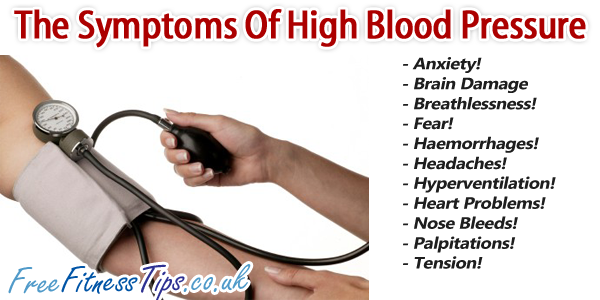 Some people may need more than one type of medication to keep their blood pressure under control.
Some people may need more than one type of medication to keep their blood pressure under control.
Individuals who think that they may have anxiety, hypertension, or both should speak to a doctor. Those who have severe symptoms should seek immediate care as the symptoms could indicate a medical emergency.
Symptoms to look out for include:
Both hypertension and anxiety are highly treatable conditions. A person with anxiety will not necessarily develop hypertension.
However, seeking help as early as possible can improve the outcome for people with either condition and reduce the risk of complications.
There is a link between anxiety and high blood pressure. Sometimes, a person with anxiety will develop hypertension, especially if they regularly experience intense anxiety.
Other people may develop anxiety as a result of having high blood pressure.
Treatment for one condition can often improve the other. Individuals who suspect that they have one or both conditions should see their doctor for diagnosis and treatment.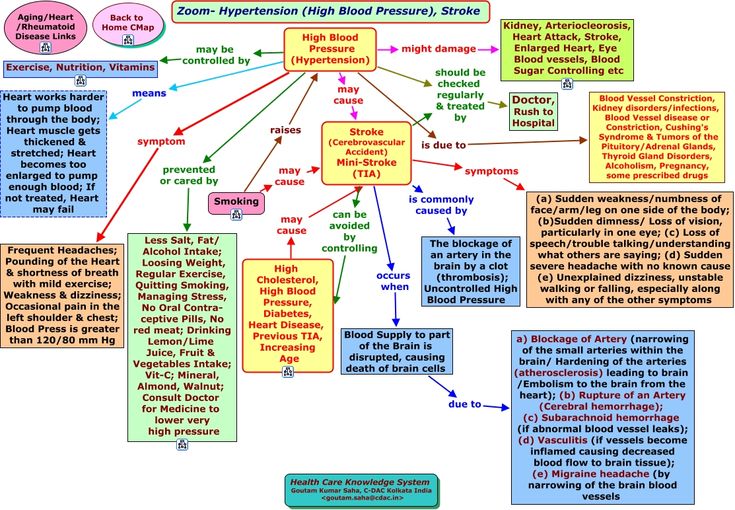
Panic attacks
Panic attacks (episodic paroxysmal anxiety) - attacks of severe anxiety (panic) or fear (most often - fear of death, less often - fear of losing consciousness, loss of control, helplessness or fear of "going crazy"), accompanied by a rapid heartbeat and a feeling of " suffocation, shortness of breath. Sometimes there are additional symptoms such as increased blood pressure, a feeling of "internal trembling", trembling in the limbs, a feeling of "hot flashes" of heat or cold, numbness of the extremities, increased sweating, a feeling of "unstability" or dizziness, nausea, derealization or depersonalization, etc.
Panic attacks last on average 5 to 30 minutes. However, sometimes they can last several hours, and in rare cases - up to several days.
I must say that even 30 years ago this disease was extremely rare. But now the incidence of panic attacks is increasing exponentially every year! Especially in big cities. Alas, panic attacks are considered a “disease of megacities”. And they suffer, most often, people with increased anxiety and the so-called perfectionists.
And they suffer, most often, people with increased anxiety and the so-called perfectionists.
Earlier, in Soviet medicine, this disorder was called " sympathoadrenal crises ". This name, more than the modern one, reflected the essence of the processes occurring in the body during panic attacks. Nevertheless, I will not bother readers with a description of biochemical processes and a list of the hormones and neurotransmitters involved in these reactions. Knowing this practically does not affect the fact of the occurrence of seizures. Because biochemical processes are just an "intermediate link" in the chain of cause and effect relationships occurrence of panic attacks . What then is the "primary link", so to speak, the root cause?
Panic attacks occur suddenly, and, as it often seems, without any external causes or under the influence of minor unpleasant factors (an ordinary quarrel in the family, another trouble at work, overcrowding and stuffiness in a subway or train car, a long “traffic jam” on the road, etc.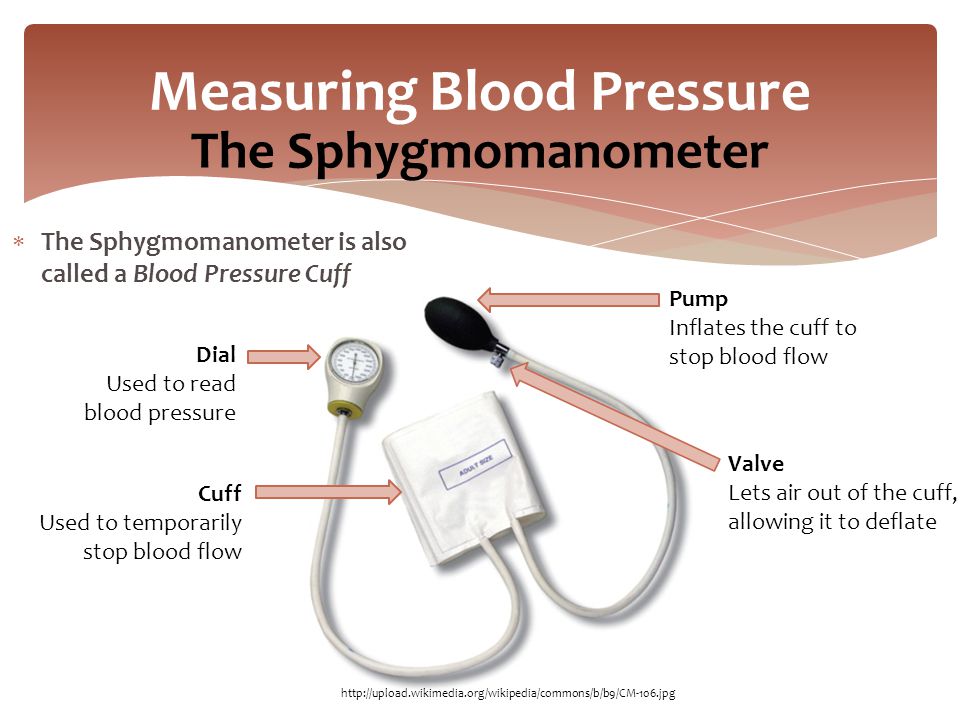 ). etc.). In fact, panic attacks always occur against the background of an already long-term depression (most common), or after repeated or severe stress (or rather, distress). Don't be surprised by this, because it is quite difficult for an ordinary person, not a specialist, to diagnose depression. Especially, at himself. Moreover, its mild or atypical forms. Especially if it lasts a year or several years (and for some people - since childhood!). In this case, they may not even remember how they felt without depression. In this variant, the body functions “with the last of its strength”, works “at the limit of its capabilities”; and some minor unpleasant event can be the “last straw” for him! Figuratively speaking, a panic attack is “hysteria of the body”, its “desperate cry: “I can’t do this anymore !!!”
). etc.). In fact, panic attacks always occur against the background of an already long-term depression (most common), or after repeated or severe stress (or rather, distress). Don't be surprised by this, because it is quite difficult for an ordinary person, not a specialist, to diagnose depression. Especially, at himself. Moreover, its mild or atypical forms. Especially if it lasts a year or several years (and for some people - since childhood!). In this case, they may not even remember how they felt without depression. In this variant, the body functions “with the last of its strength”, works “at the limit of its capabilities”; and some minor unpleasant event can be the “last straw” for him! Figuratively speaking, a panic attack is “hysteria of the body”, its “desperate cry: “I can’t do this anymore !!!”
Well, in the question "Who is to blame?" figured it out. Now let's move on to the equally important question "What to do?" The fact that no one in the world has yet died from panic attacks is little consolation for those suffering from this excruciating disorder.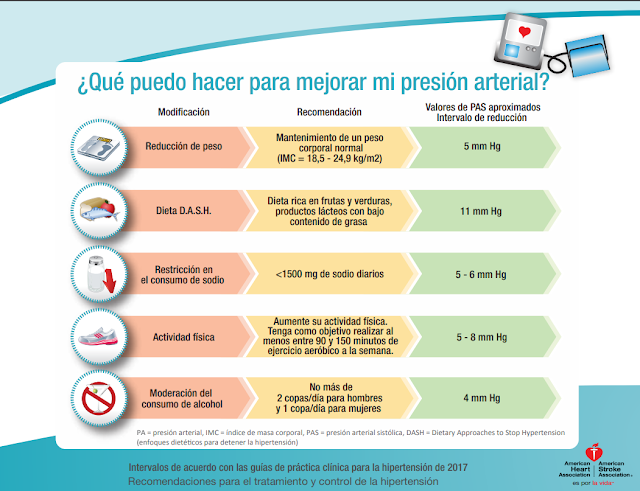 To say that panic attacks are an unpleasant state is an understatement! These are unbearable sensations, and in the most severe cases, a real feeling of approaching death, which a person is sometimes forced to experience daily! And most importantly, he does not understand what is happening to him, and how to stop it!
To say that panic attacks are an unpleasant state is an understatement! These are unbearable sensations, and in the most severe cases, a real feeling of approaching death, which a person is sometimes forced to experience daily! And most importantly, he does not understand what is happening to him, and how to stop it!
Panic attacks sharply reduce the quality of a person's life, subordinating her entire expectation of the next attack. And, accordingly, they affect social activity, sometimes making a person completely incapacitated.
When panic attacks first appeared in the clinical practice of physicians, they were treated empirically with various sedatives and tranquilizers. However, after their cancellation, the seizures reappeared, and with prolonged use of these drugs, tolerance (insensitivity) inevitably and rather quickly set in. Therefore, in order to stop panic attacks, it was necessary to constantly increase doses or resort to more “strong” tranquilizers.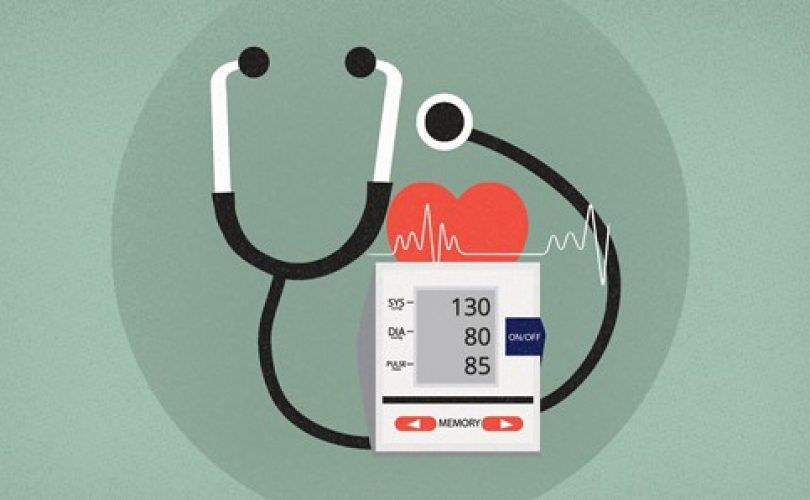 But everywhere there is a limit: the number of tranquilizers is not unlimited, especially their doses. It was necessary to remember another very important aspect: long-term use of these drugs causes dependence on them. And after the abolition of tranquilizers, the symptoms of mental and physical withdrawal joined the renewed panic attacks, which further worsened the patient's condition.
But everywhere there is a limit: the number of tranquilizers is not unlimited, especially their doses. It was necessary to remember another very important aspect: long-term use of these drugs causes dependence on them. And after the abolition of tranquilizers, the symptoms of mental and physical withdrawal joined the renewed panic attacks, which further worsened the patient's condition.
Then the tactics of treatment were somewhat changed: antidepressants were added to "light" or small doses of "medium-powered" tranquilizers. And it was a "breakthrough" in the treatment of panic attacks! Because antidepressants do not just "relieve" the symptoms, but they affect the foundation on which these attacks are based - depression itself! Of course, in modern medicine there are a huge number of antidepressants, and the effectiveness of their effect on panic attacks is very different. But an experienced psychotherapist or psychiatrist can quite accurately select a drug that is suitable for a particular person.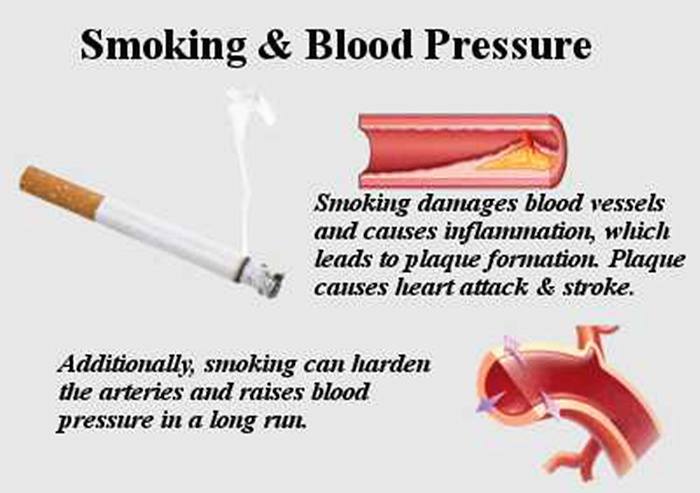 It is important to note that antidepressants have a cumulative effect, so their therapeutic effect does not appear immediately after the appointment, but after a certain time (on average, after a month). And, here, the full duration of treatment with antidepressants is, at best, from 6 to 12 months, and sometimes up to several years.
It is important to note that antidepressants have a cumulative effect, so their therapeutic effect does not appear immediately after the appointment, but after a certain time (on average, after a month). And, here, the full duration of treatment with antidepressants is, at best, from 6 to 12 months, and sometimes up to several years.
At the same time, there are cases of especially severe courses of panic attacks, when the appointment of even "powerful" antidepressants for a sufficiently long time does not bring the desired effect, i.e. panic attacks do not stop completely, but only become less pronounced or occur less frequently. In this version, a person, anyway, does not feel healthy and constantly lives in fear of the next attack. In this case, doctors are forced to launch "heavy artillery" - to add NEUROLEPTICS to the treatment, which patients have to take for quite a long time. Antipsychotics have a large number of unpleasant side effects, which is why many patients refuse them.
However, there is another way to treat panic attacks. He is not a drug! That is, there is a REAL METHOD OF COMPLETE CURING FROM PANIC ATTACKS, ABSOLUTELY WITHOUT RESORTING TO ANY KIND OF MEDICINES !!! This method is PSYCHOTHERAPEUTIC.
In the modern world there are a lot of different types and directions of psychotherapy. But, it must be said bluntly that with panic attacks, most of them are not effective without medical support.
However, the method that I use in my psychotherapeutic work is unique. It often allows you to completely eliminate panic attacks in 1 session! One or two more sessions are required to eliminate the FEAR of the appearance of seizures (or their expectation).
But in order to begin the direct elimination of panic attacks, a certain “intellectual” preparation of the patient is necessary. It requires from 8 to 12 sessions (depending on the severity of the disease and the personal characteristics of the patient) with a frequency of 1-2 sessions per week.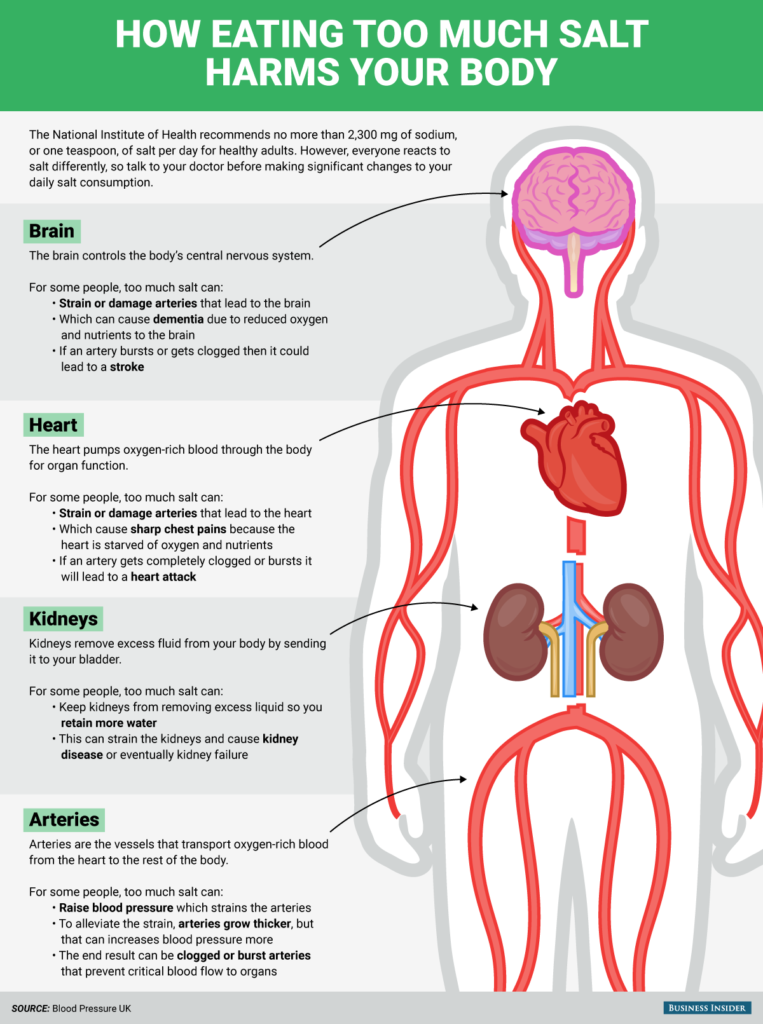
After eliminating panic attacks and the fear of their occurrence, it is extremely important to “develop” the underlying causes that led to their appearance. This will be a kind of "insurance" against the occurrence of panic attacks in the future. This requires 3-4 months on average (with the frequency of classes 1 time per week). But, having worked through these “deep roots”, a person not only completely gets rid of panic attacks, but also depression, solves many personal problems and begins to live a full life!
Increased pressure in PA - Cardiology - 01/07/2020
/
anonymous, Woman, 33 years old
Good afternoon! I am 33 years old, height 173, weight 54 kg. Panic attacks have returned for the last 2 weeks. According to the examination of the heart: ultrasound: PMK-1st, regurgitation -1st, ECG-without deviations, holter: sinus tachycardia. The problem is this: with PA, the pressure rises very much: 180/200 to 100/110. Severe tachycardia. My working: 130/90, but earlier, with fatigue and stress, it could be 150 without any sensations. At the moment of PA - I only feel the manifestations of PA itself, if I hadn’t measured my pressure now - I wouldn’t have known that jumps to such numbers! The first time I saw 190-I was so scared that while the ambulance was driving, the tonometer was 230 !!! They gave me a couple of pills, did an ECG (sinus tachycardia), magnesia. After that week the pressure was 130/90. There were no panic attacks. Now they have returned again and I don’t let go of the tonometer anymore: when adrenaline is released, it hits 180/190 at its peak, then drops to 160. The rest of the time it’s normal. I did an ultrasound of the adrenal glands - the norm, thyroid hormones - the norm, ultrasound of the kidneys - the norm, but I have chronic pyelonephritis. Signed up for a psychotherapist. But I have a wild fear of such numbers! I am very afraid of a heart attack or stroke. Tell: 1) How dangerous is it with PA?? Could it be a heart attack or stroke? 2) What should I do with such rises, if it returns to normal when I calm down? Still taking medication to reduce? At the moment of PA I understand a tranquilizer.
At the moment of PA - I only feel the manifestations of PA itself, if I hadn’t measured my pressure now - I wouldn’t have known that jumps to such numbers! The first time I saw 190-I was so scared that while the ambulance was driving, the tonometer was 230 !!! They gave me a couple of pills, did an ECG (sinus tachycardia), magnesia. After that week the pressure was 130/90. There were no panic attacks. Now they have returned again and I don’t let go of the tonometer anymore: when adrenaline is released, it hits 180/190 at its peak, then drops to 160. The rest of the time it’s normal. I did an ultrasound of the adrenal glands - the norm, thyroid hormones - the norm, ultrasound of the kidneys - the norm, but I have chronic pyelonephritis. Signed up for a psychotherapist. But I have a wild fear of such numbers! I am very afraid of a heart attack or stroke. Tell: 1) How dangerous is it with PA?? Could it be a heart attack or stroke? 2) What should I do with such rises, if it returns to normal when I calm down? Still taking medication to reduce? At the moment of PA I understand a tranquilizer.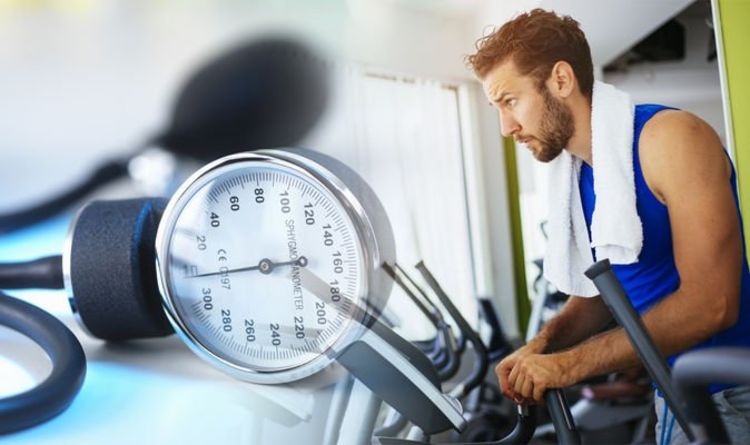 I'm so scared to go to work! Thanks a lot in advance!
I'm so scared to go to work! Thanks a lot in advance!
Photo attached to the question
Anton Vladimirovich Rodionov answers
cardiologist
1) Unlikely 2) Treat PA, be treated by a psychiatrist. Why treat a symptom when you need to treat the cause...
Similar questions
anonymous (Female, 21 years old)
High blood pressure
Hello! Tell me please, is it worth worrying about the heart if the pressure rises periodically (if I just think about something bad) I have mitral valve insufficiency 2.5+ Moderate enlargement of the anterior cusp. Pressure rises 145/80...
anonymous (Male, 30 years old)
Can blood pressure and pulse decrease at rest during prolonged exercise
Greetings. All tests went through everything, you can say everything they say is normal, this is VSD. I went in for sports, so to speak...
anonymous (Female, 59 years old)
PA pressure
Good evening. I have b. Parkinson's, I take nakom 1/2 t 3 r / d. Depression and PA appeared, after them my blood pressure rises sharply, at 160/100 I get so scared, and terrible ...
Depression and PA appeared, after them my blood pressure rises sharply, at 160/100 I get so scared, and terrible ...
anonymous (Female, 35 years old)
Unexplained high blood pressure
Please help with a consultation. I am now in a situation where I don’t know which doctor to contact, everyone says that this is not their profile. I'll start from the beginning. High blood pressure for the first time...
anonymous (Female, 29 years old)
High blood pressure
Hello I am 29 years old 3 children by CS, last caesarean 4 months ago. 100. Feeling normal, only tired, very emotionally labile, it's worth talking...
Elena Stratichuk (Female, 36 years old)
Increased blood pressure during exercise
Hello! I have such a situation, I am 36 years old, I am overweight (with a height of 164 my weight is 95 kg), my working pressure is 140/90 and 135/80, sometimes it is 150/95; heartbeat-72-85. Rarely are pa-several years ago...
Marina Shafir
A sharp increase in pressure
Good afternoon.

